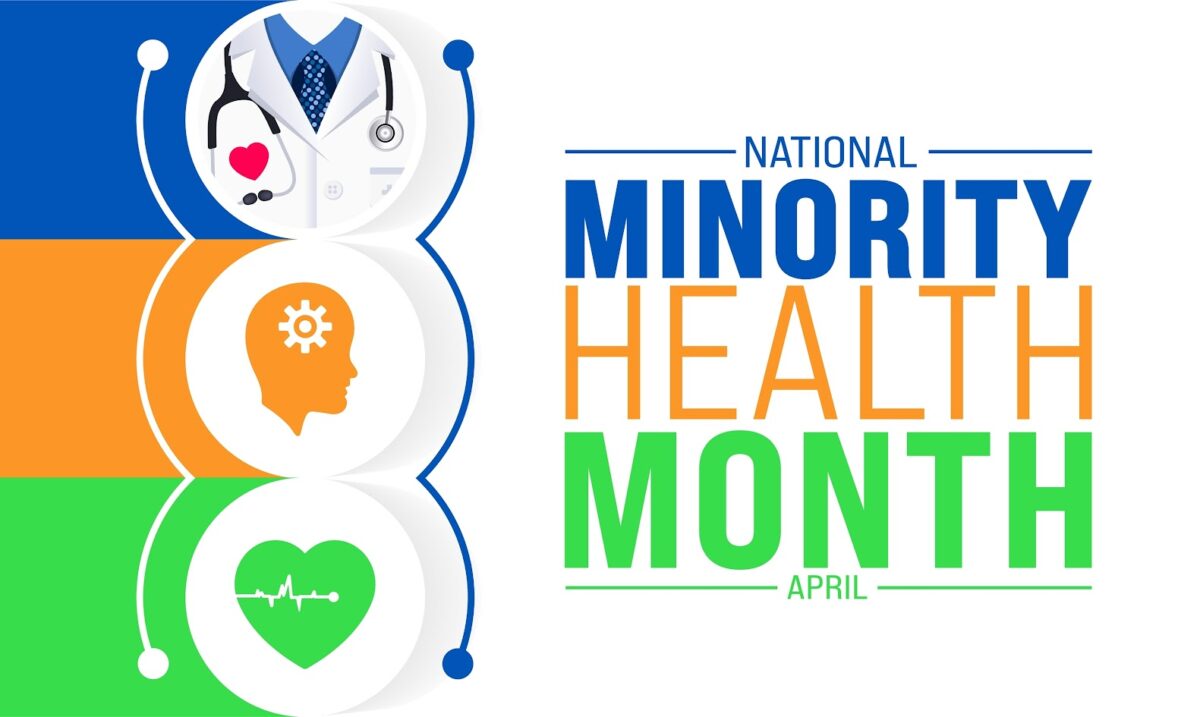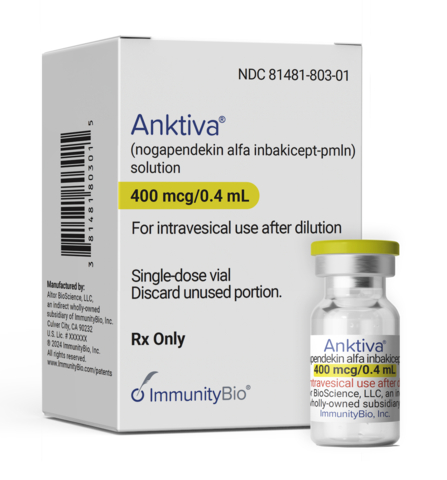Last week, the US Food and Drug Administration (FDA) granted accelerated approval to Biogen’s Qalsody (tofersen) for the treatment of adult patients with amyotrophic lateral sclerosis (ALS) associated with a mutation in the superoxide dismutase 1 (SOD1) gene.
This makes Qalsody the first approved treatment to target a genetic cause of ALS.
Qalsody is administered intrathecally by healthcare professionals experienced in conducting lumbar punctures. The treatment requires three initial doses at 14-day intervals, followed by a maintenance dose every 28 days. The recommended dosage of Qalsody is 100 mg (15 mL) per administration.
Tofersen was discovered by Ionis Pharmaceuticals, and Biogen licensed tofersen from Ionis under a collaborative development and license agreement.
What is SOD1-ALS?
ALS is a severe neurodegenerative disorder that is characterized by the progressive loss of neurons in the brain, brainstem and spinal cord. This condition results in the deterioration and death of motor neurons, leading to quadriplegia and fatal respiratory failure.
While the exact causes of ALS are not fully understood, research suggests that the mutation of SOD1 may be linked to the development of the condition. SOD1 is an antioxidant enzyme that protects cells from the harmful effects of superoxide radicals by catalyzing the dismutation of these radicals into oxygen and hydrogen peroxide; however, when the SOD1 gene mutates, it can cause the misfolding and aggregation of the SOD1 protein, leading to an increase in superoxide radicals that ultimately results in motor neuron death.
To date, over 200 mutations in the SOD1 gene have been associated with the development of ALS.
“Since SOD1 mutations were first identified as a cause of ALS 30 years ago, the familial ALS community has been searching for genetically targeted treatments. Qalsody offers families who have lost generation after generation in the prime of their life to this devastating disease a therapy targeting the underlying cause of SOD1-ALS. Today marks an important moment in ALS research as Qalsody is the first ALS treatment approved based on a biomarker,” said Jean Swidler, chair of Genetic ALS & FTD: End the Legacy, in Biogen’s press release.
XTALKS WEBINAR: Patient-Centricity in Clinical Trials Sites — The Trinity of Patient, Sites and Sponsors
Live and On-Demand: Monday, June 12, 2023, at 10am EDT (4pm CEST/EU-Central)
Register for this free webinar to learn how the Patient Concierge program increases study participants’ engagement and decreases dropout. Attendees will explore how Virtual Research Coordination (VRCC) can help with attracting a more diverse patient population, and more.
How Does Qalsody Work?
Qalsody contains tofersen, an antisense oligonucleotide that specifically targets the mRNA made from mutated SODI genes to prevent the formation of toxic SOD1 proteins.
Pharmacokinetic studies have demonstrated that Qalsody, when administered intrathecally, can effectively distribute from the cerebrospinal fluid (CSF) to the central nervous system (CNS) tissues, and reach its maximum plasma concentration between two to six hours.
Studies have shown that tofersen effectively reduces the concentration of plasma neurofilament light chain (NfL), a blood-based biomarker of axonal injury and neurodegeneration, as well as the CSF SOD1 protein, an indirect measure of target engagement. Reduction in these two biomarkers in response to tofersen is believed to predict clinical benefit for patients.
Market Potential of Qalsody
In the US, there are currently an estimated 16,000 to 32,000 individuals living with ALS, while worldwide there are approximately 168,000 ALS patients, with only about 2 percent of them impacted by SOD1 mutations.
At its peak sales, Qalsody is expected to generate around $300 million for Biogen. Although Qalsody’s market may be small and may not significantly contribute to Biogen’s overall revenue, its successful launch is a significant milestone for Biogen’s ALS drug pipeline and is likely to accelerate the research and development of other ALS drugs in the future.
New and Promising Treatments for ALS
Amylyx Pharmaceuticals, a biopharmaceutical company based in Cambridge, Massachusetts, obtained FDA approval in 2022 for its oral medication Relyvrio (sodium phenylbutyrate and taurursodiol) for the treatment of ALS. Although the precise mechanism of action of Relyvrio is not fully understood, it is believed to block stress signals within the endoplasmic reticulum (ER) and mitochondria in motor neurons, which can prevent nerve cell death.
In recent years, several other medications have entered Phase II/III clinical trials for the treatment of ALS. Clene Nanomedicine, a clinical-stage biopharmaceutical company based in the US, announced its international Phase III trial of CNM-Au8 for 300 ALS patients in 2022. CNM-Au8 is a gold nanocrystal suspension designed to improve remyelinating and neuroprotective effects.
Prilenia Therapeutics, a company primarily focused on treating ALS and Huntington’s disease, recently reported positive Phase II results for its new investigational drug pridopidine in the treatment of ALS. Clinical outcomes such as rate of progression, respiration, speech and quality of life have shown notable effects, and the company is committed to further exploring the drug’s efficacy in Phase III trials.
Additionally, Eledon Pharmaceuticals announced promising Phase IIa results for its ALS-targeting drug tegoprubart (formerly AT-1501). Tegoprubart is an anti-CD40L antibody designed to inhibit the CD40 and CD11 costimulatory signaling pathways. By blocking CD40 receptors on antigen-presenting cells such as dendritic cells, B cells and macrophages, tegoprubart promotes the development of CD4+ T cells to T regulatory cells, which suppresses the immune response.
Biogen’s Drug Portfolio Across Neurology and Neuropsychiatry
Biogen’s drug portfolio continues to expand to address various medical conditions, particularly in neurology and neuropsychiatry. In January 2023, the FDA granted accelerated approval to Leqembi (lecanemab), which is designed to treat Alzheimer’s disease. Developed by Eisai and Biogen, Leqembi is an amyloid beta-directed antibody. By reducing the accumulation of amyloid in the brain, Leqembi could slow down the progression of Alzheimer’s disease. Leqembi is now pending full approval from the FDA, and is Biogen’s second drug that got accelerated approval for Alzheimer’s disease, the first one being Aduhelm (aducanumab).
Biogen has also collaborated with Sage Therapeutics to develop zuranolone, an investigational drug indicated for the treatment of major depressive disorder (MDD) and postpartum depression (PPD). Zuranolone is a neuroactive steroid that is designed to increase phasic and tonic inhibitory GABA-A receptors. By restoring and maintaining the balance between excitatory and inhibitory brain networks, zuranolone may effectively improve depressive and anxiety symptoms.












Join or login to leave a comment
JOIN LOGIN